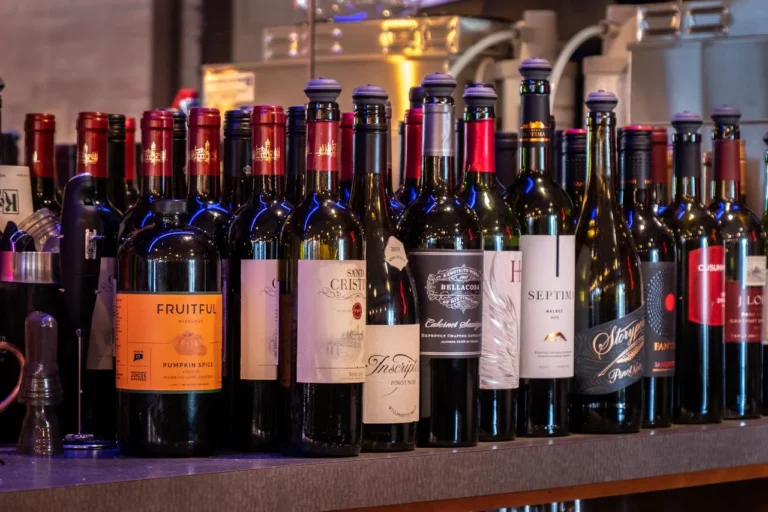
Aramark has initiated a research partnership with the Drexel Food Lab to enhance food service practices that encourage healthier, plant-forward eating and contribute to lower carbon emissions. This collaboration represents a major move toward Aramark’s goal of reaching net-zero emissions by 2050.
Aramark has shown strong leadership in sustainability, notably through its partnership with the World Resources Institute’s (WRI) Coolfood Meals program, launched in 2021. The WRI certifies meals that align with strict carbon and nutritional standards. Over 3,000 of Aramark’s recipes now carry the Coolfood Meals certification, which highlights them as low-carbon options across sectors like Collegiate Hospitality, Healthcare+, and Workplace Hospitality.
“At Aramark, sustainability and innovation are core values. Our collaboration with the Drexel Food Lab underscores our commitment to advancing sustainable food practices and cutting carbon emissions,” said Ila Fennie, Aramark’s Vice President of Culinary. “This partnership not only demonstrates our dedication to environmental responsibility but also the role of innovation in creating a healthier future.”
Drexel Food Lab’s Plant-Forward Menu Interventions Show Promising Outcomes
Drexel Food Lab, recognized for its expertise in culinary science, plays a key role in this initiative. The lab is dedicated to advancing food solutions that benefit health, the environment, and economies.
In a recent study conducted at Drexel’s dining halls, the Food Lab collaborated with Aramark on three specific interventions aimed at cutting carbon emissions. The findings reveal encouraging results with potential benefits for both health and the environment.
Intervention 1: Earth Day Limited Time Offer
During Earth Week, Drexel’s Urban Eatery introduced five innovative jackfruit-based dishes, supported by strategic marketing displayed around the dining area. Compared to a control week, this initiative reduced carbon emissions per meal by 12.96%. The promotional efforts effectively influenced choices, and diners rated the jackfruit entrées highly.
Intervention 2: Grill Station Experiment
At the grill station, plant-based specials replaced beef dishes, while beef items remained available via kiosks. This setup led to a 44% reduction in the grill station’s carbon impact—significant given that this station accounts for 35% of lunch-related emissions. Consumer convenience proved important in meal selection, and the changes did not negatively impact satisfaction.
Intervention 3: Entrée Availability Test
At Drexel’s Hanschumacher dining hall, beef entrees were moved from primary stations during lunch. Comparing with control weeks, this intervention significantly reduced carbon emissions per meal. Convenience and cravings shaped entrée choices, and no decline in satisfaction was reported.
Key Insights
The study indicates that diners are receptive to plant-based options even when meat remains available, with no perceived drop in meal quality or satisfaction between intervention and control weeks. Importantly, these changes reduced carbon emissions and had a neutral or positive impact on costs, all while maintaining consumer satisfaction.
This research highlights how menu strategies can expand plant-based options, effectively reduce carbon emissions, and sustain consumer satisfaction.




